2017 Palliative Care Summit Forum and Art Action Successfully Held in 301 Hospital
On October 14, 2017, the Chinese Geriatric Society, the PLA General Hospital and the Beijing Living Will Promotion Association jointly held the "2017 International Summit Forum on Palliative Care and Art Action". The theme of this year's World Day for Hospice and Palliative Care is "Universal Health Coverage and palliative Care".
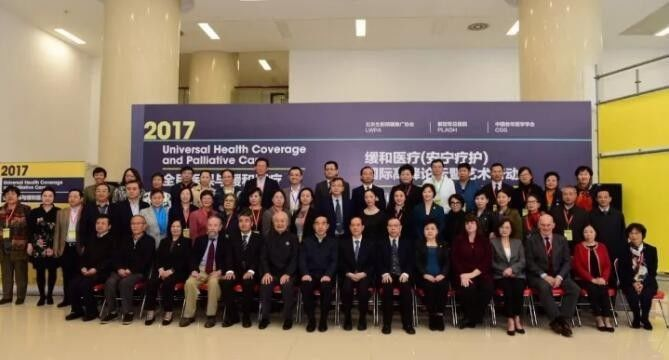
The leaders and guests attending the Forum are: Han Qide, Vice Chairman of the CPPCC National Committee and academician of the Chinese Academy of Sciences, Huang Jiefu, member of the Standing Committee of the CPPCC National Committee and former Vice Minister of Health, Wang Haidong, Director of the Family Department of the National Health and Family Planning Commission, Ren Guoquan, President of the People's Liberation Army General Hospital, Fan Li, President of the Chinese Geriatric Society, Chen Xiaolu, President of the Beijing Living Will Promotion Association, Sun Yan, academician of the Chinese Academy of Engineering, etc.
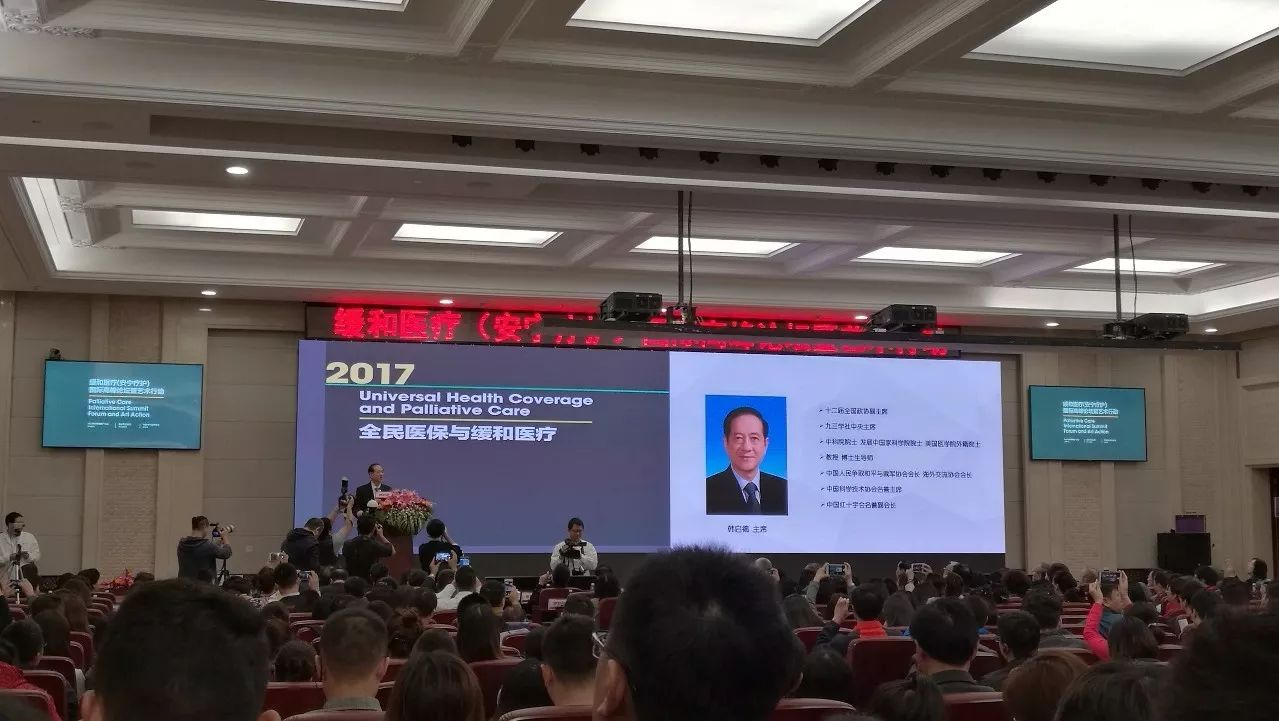
Han Qide, vice chairman of the CPPCC National Committee, said in his speech,In 2015, he led the National Committee of the Chinese People's Political Consultative Conference (CPPCC) to conduct a survey on palliative care (hospice), which found that there is a great demand for palliative care across the country, and that to advance this work, we must find a point where it can be implemented. Based on this, Academician Han Qide put forward three suggestions: (1) To increase the proportion of medical insurance for units providing palliative care, encourage more units to carry out palliative care work, so as to improve its quality; ② First determine 10 demonstration units in the country, and make Chinese standards in the process of demonstration; (3) Establish a palliative care industry association and let those working in this field manage it themselves.
In his speech, Huang Jiefu, former Vice Minister of Health, thanked the PLA General Hospital, one of the organizers of the forum. He pointed out that the promotion of palliative care by such a top hospital in the country is very influential and will bring great social progress. He hoped that there would be more such well-known hospitals, not only leading in medical technology, but also leading the way. And take the lead in helping people change their minds.
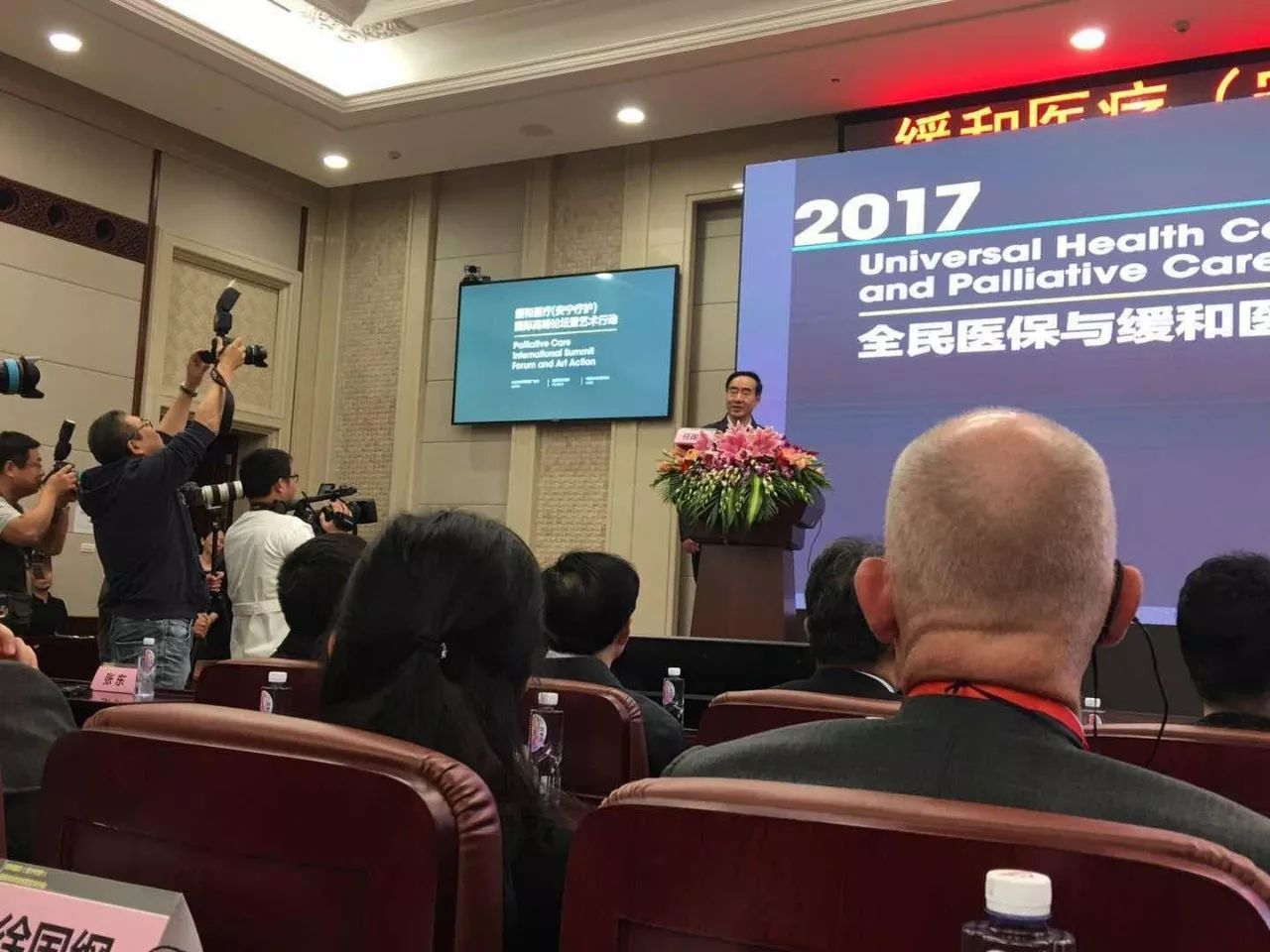
Ren Guoquan, president of the General Hospital of the People's Liberation Army, said in his speech that China's new concept of palliative care is consistent with the development of the current situation, the key to practice innovation is concept innovation, although there is a certain process to accept such a new concept, but it is also the only way. As a doctor, I have contact with many patients who need end-of-life care. On the one hand, I should actively treat them, and on the other hand, I should also think about how to give patients the best respect and comfort for their families in the last stage of life. The PLA General Hospital actively responded to the initiative of the CPPCC and carried out a lot of active exploration in this regard.
Chen Xiaolu, president of the Beijing Living Will Promotion Association, said that after the "World Hospice and Palliative Care Day China 2016 Art Action" was held for the first time last year, this year, with the joint support of the PLA General Hospital and the Chinese Geriatrics Society, the second commemorative activity was held as scheduled. To promote and introduce the concept of palliative care in the form of summit forums to promote the development of palliative care.

The speech of Fan Li, president of the Chinese Geriatric Society, discussed the current situation and future of palliative care from the perspective of the development of geriatric medicine. Especially stressed, the development of palliative care is of great significance in our aging country, and can effectively improve the quality of life and death of elderly patients, especially cancer patients. The transformation from the concept of palliative care to practice is a long and arduous task, which is not only the responsibility of medical institutions and the government, but also the joint support and participation of the whole society.
Sun Yan, an academician of the Chinese Academy of Engineering, said in his speech that the focus on universal medical insurance and palliative care is an important progress in medicine. In the 1980s, the WHO mentioned four key points when discussing cancer: (1) Prevention based on known causes of cancer; ② Early diagnosis and early treatment; ③ Multidisciplinary comprehensive treatment; ④ Palliative Care/palliative care/palliative care. Under the strong advocacy and promotion of the government, our country actively carries out the principle of "three steps" pain relief, which cuts into the key point of palliative care.
The academic report and discussion session was chaired by Li Xiaomei, deputy director of the PLA General Hospital. A total of 7 experts made academic reports, and 14 experts respectively held three thematic discussions on their own experiences and the exploration of the Chinese model of palliative care.
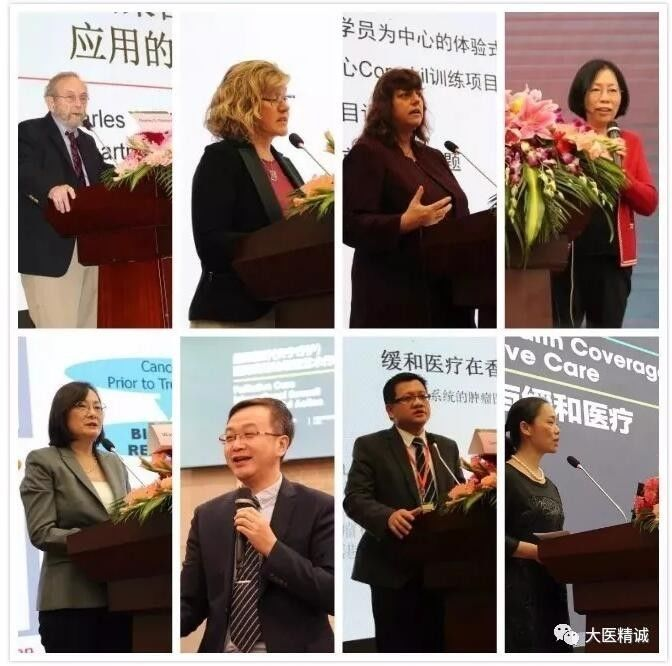
Reporting expert:
Charles S. Cleeland, Senior Scientific Adviser to the Pan American Health Organization (PAHO)/World Health Organization (WHO) and Professor, MD Anderson Cancer Center, USA;
Patricia A. Parker, Professor, Memorial Sloan-Kettering Cancer Center, USA;
Wang Xin Shelley, professor at MD Anderson Cancer Center, USA;
LamTai-Chung, Associate Professor, Li Ka Shing Faculty of Medicine, University of Hong Kong;
Zhang Dong, Professor of PLA General Hospital;
Galina Velikova, President of the International Association for Quality of Life Research;
Professor Yu Shiying, Tongji Hospital, Wuhan.
Panel Discussion:
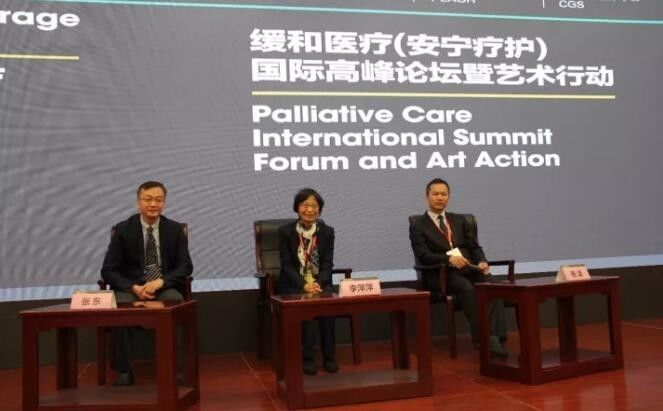
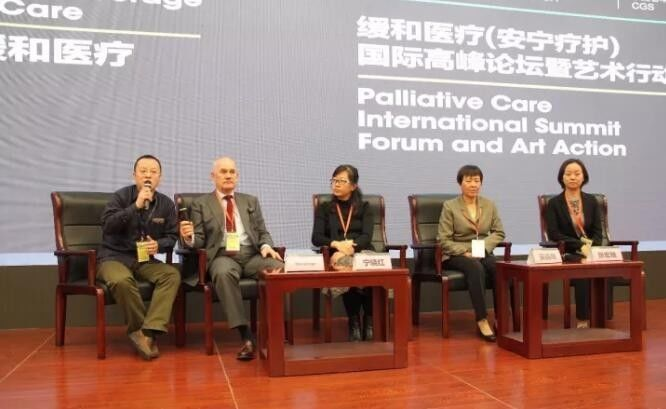
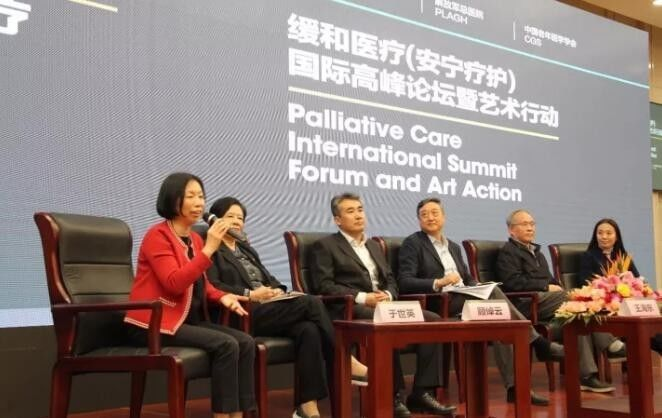
The participants and representatives agreed that palliative care is of great significance in today's aging society, and China's palliative care industry is exploring its own path of growth, which needs to learn from the world, and needs the joint support and participation of the whole society to achieve. In the future, with the changes of The Times, people's views on life and death, especially the understanding of how to die well, will also change greatly. Living wills and palliative care are important, so that everyone can be adequately prepared for their own good death and choose to leave this world with dignity and dignity. Palliative care with Chinese characteristics is bound to build a development model that ADAPTS to its own system, culture, society and economic needs.
Some of the data are from @Big Medical Sincerity @China Medical Tribune Today Tumor
Prev
Standards Empower Breakthroughs, Technology Safeguards the Golden Years - The Chinese Society of Geriatrics supports Professor Guo Wei in leading the National Major Infectious Disease Prevention and Control Project
Next
The Founding Conference of the Chinese Society of Geriatrics Was Held Successfully

